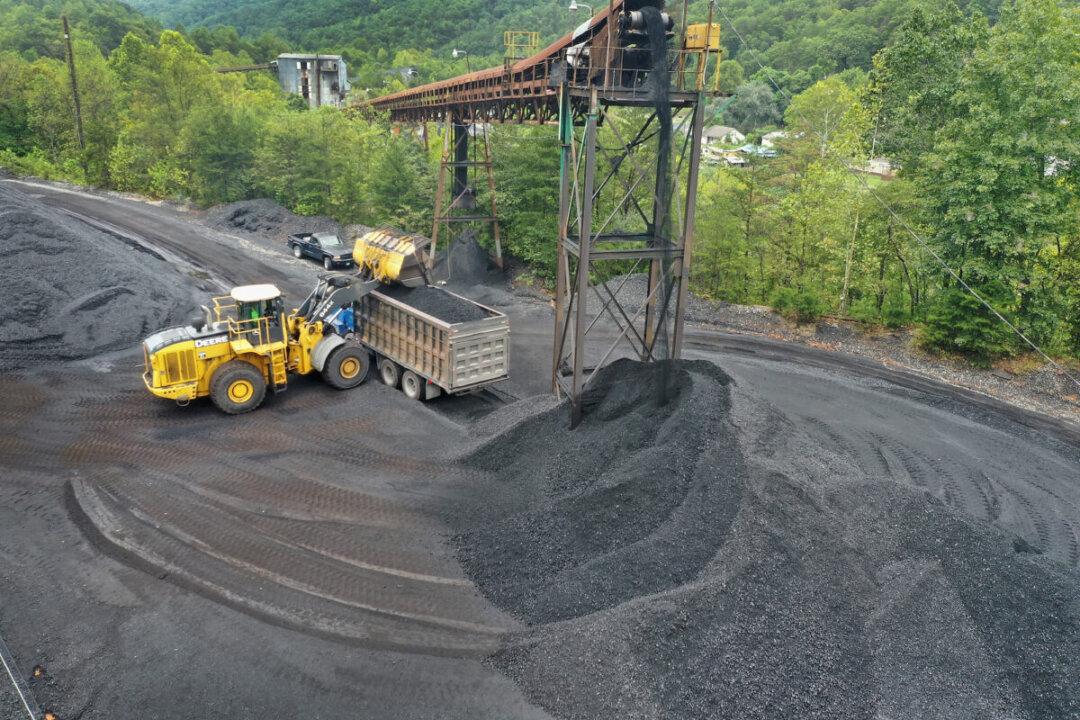The general consensus at The Economist’s “Sustainability Week” meeting in Washington wasn’t hard to miss: environmental problems pose an existential threat that the market and the government can partner to thwart.
That perspective, which can be heard in elite technocratic circles from New York City to Brussels, came across strongly in one early question from moderator Vijay Vaitheeswaran, the publication’s global energy & climate innovation editor.





